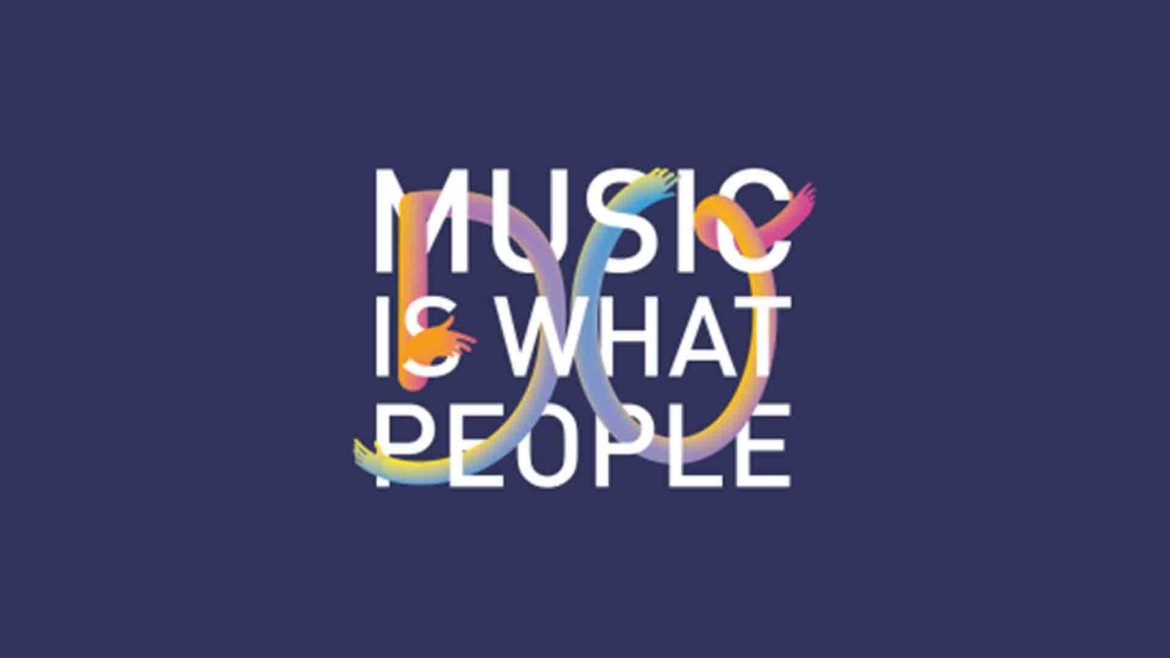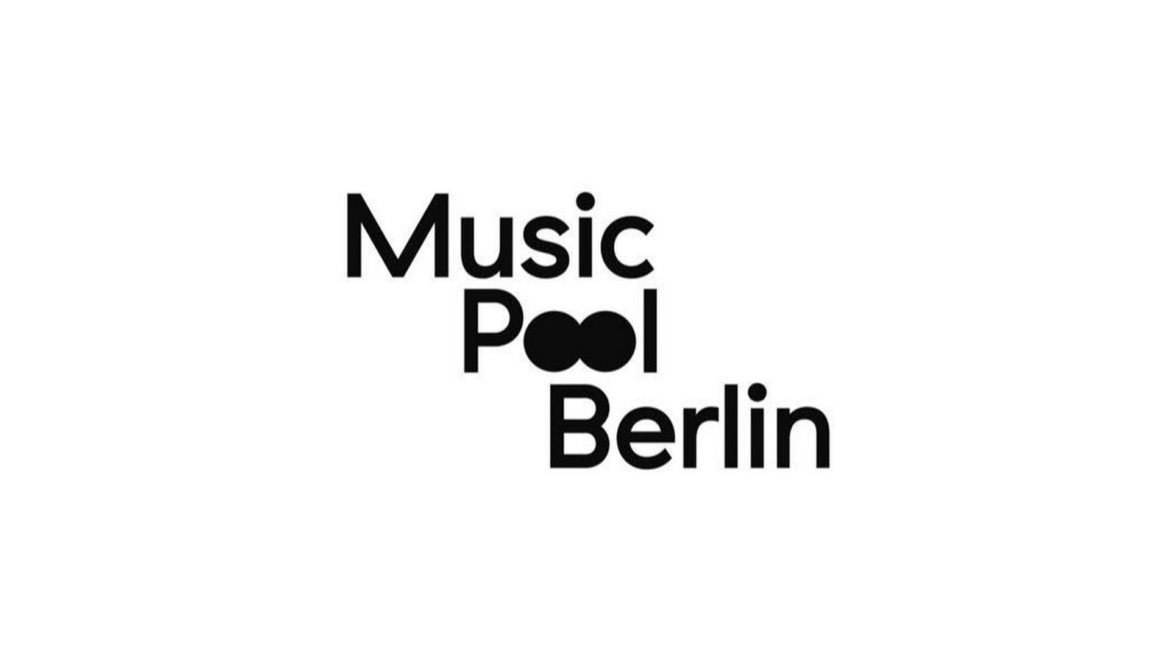Spotify’s new speech recognition patent was recently approved. The “always-on” technology claims to recognize, among other things, “emotional
state, gender, age or accent” and how many people are in the room to better recommend music and produce new playlists for Spotify users based on the results.
Access Now, a non-profit organization that advocates for digital rights internationally, has strongly criticized this and published an open letter to Spotify… This criticizes the technology for being emotion manipulative, gender discriminatory, an invasion of privacy, and against data protection. The letter asks the following questions of Spotify:
- Has Spotify conducted any form of human rights due diligence to understand and identify the human rights risks of this voice recognition technology?
- And what specific security measures have you taken to protect against unauthorized access to your users’ data?
- What are your policies for responding to government requests for user data?
Spotify has publicly responded to Access Now. In the letter to the non-profit, Spotify states that the technology described in the patent has never been implemented in any of their products and they have no plans to do so. They say that their research and development teams are constantly designing and developing new technologies as part of their ongoing innovation cycle. However, this does not mean that they will always be implemented in the products, it said.
Regarding the social issue, the letter said, “I can assure you that any products Spotify develops now and in the future will reflect our commitment to conducting business in a socially responsible manner and will comply with applicable law.”
This letter has been responded to by Access Now, with 180 signatures in support of it from artists*, individuals and organizations. This deals with the statement that the company “will never implement the technology described in the patent in any of our products, and we have no plans to do so.”
Here follows the question of why such technologies are tested at all. The letter asks for a public commitment to “never use, license, sell or monetize the recommendation technology.”
A response is demanded by May 15, 2021.






Leave a Reply